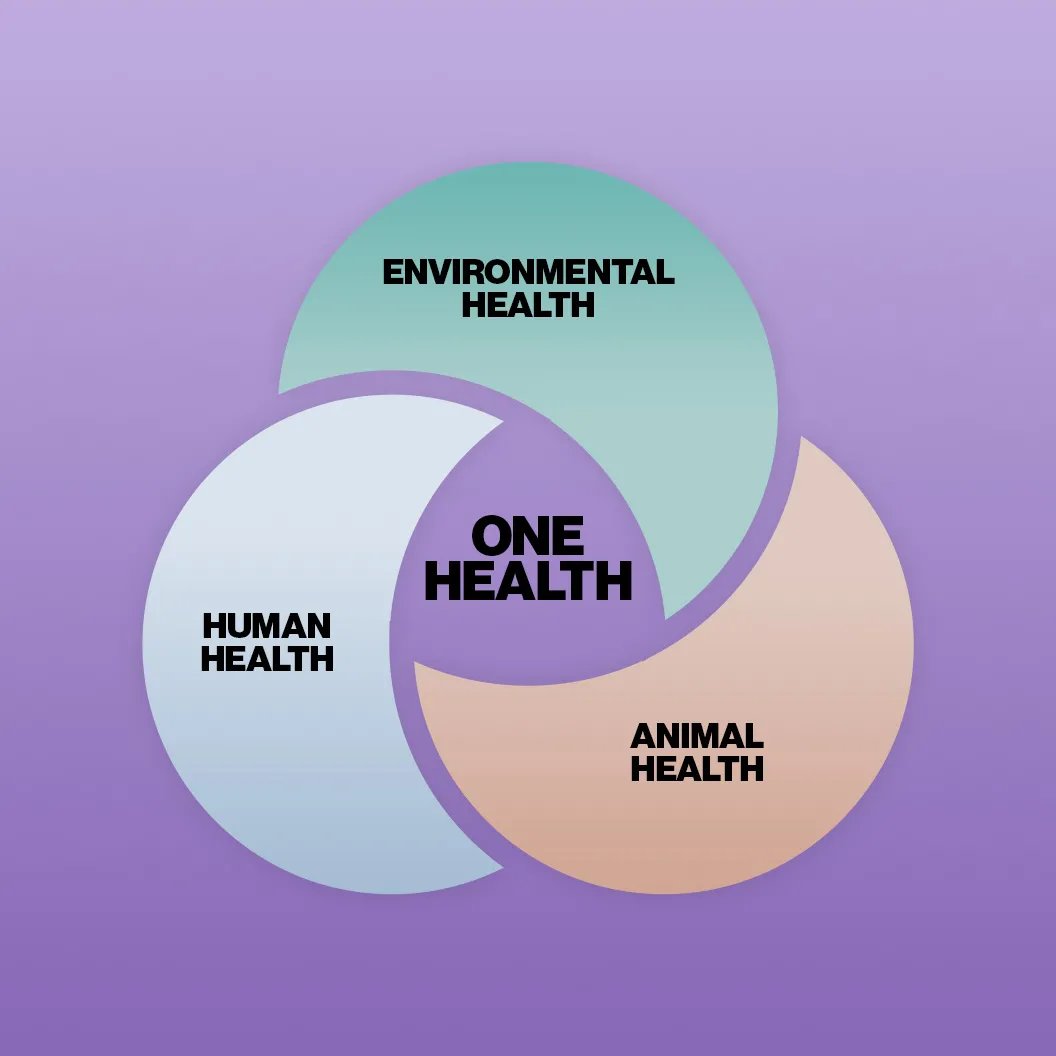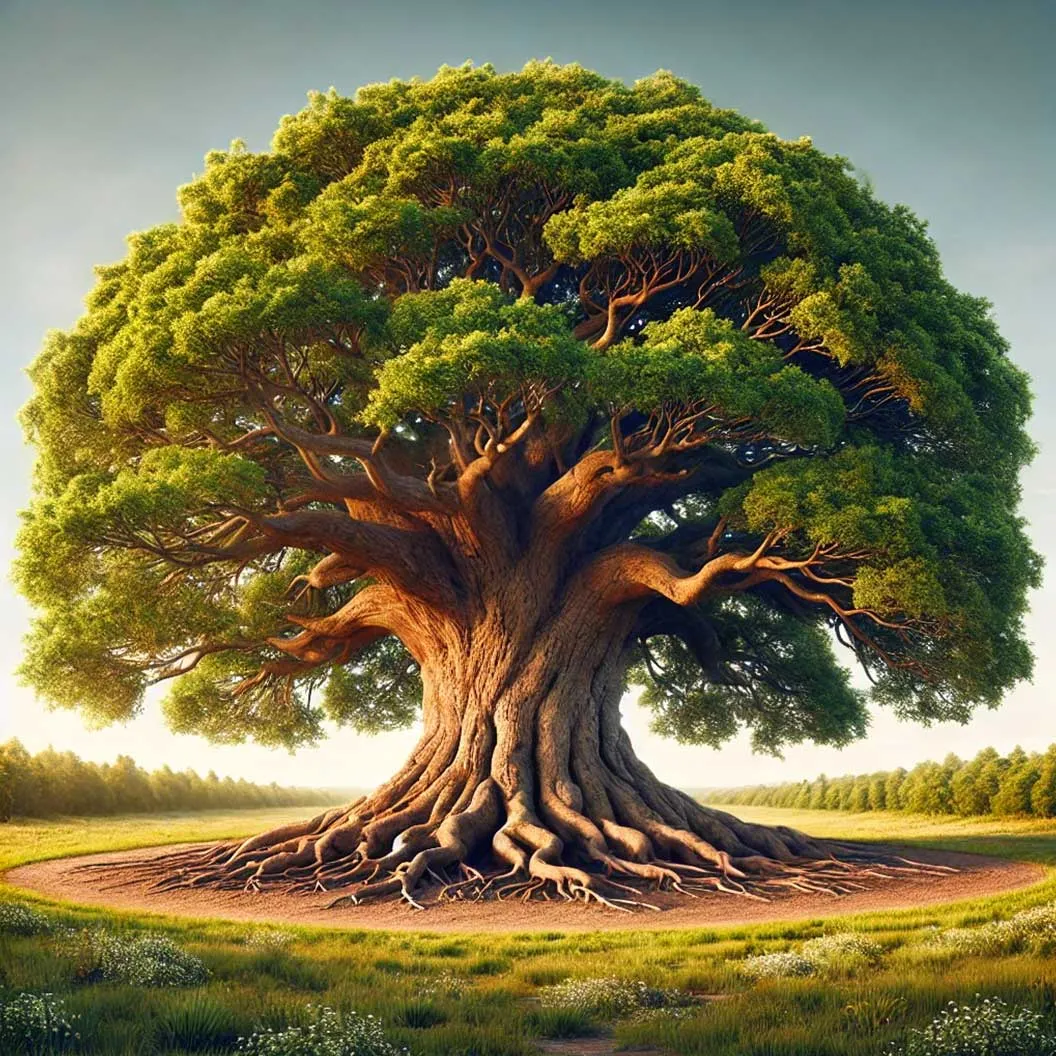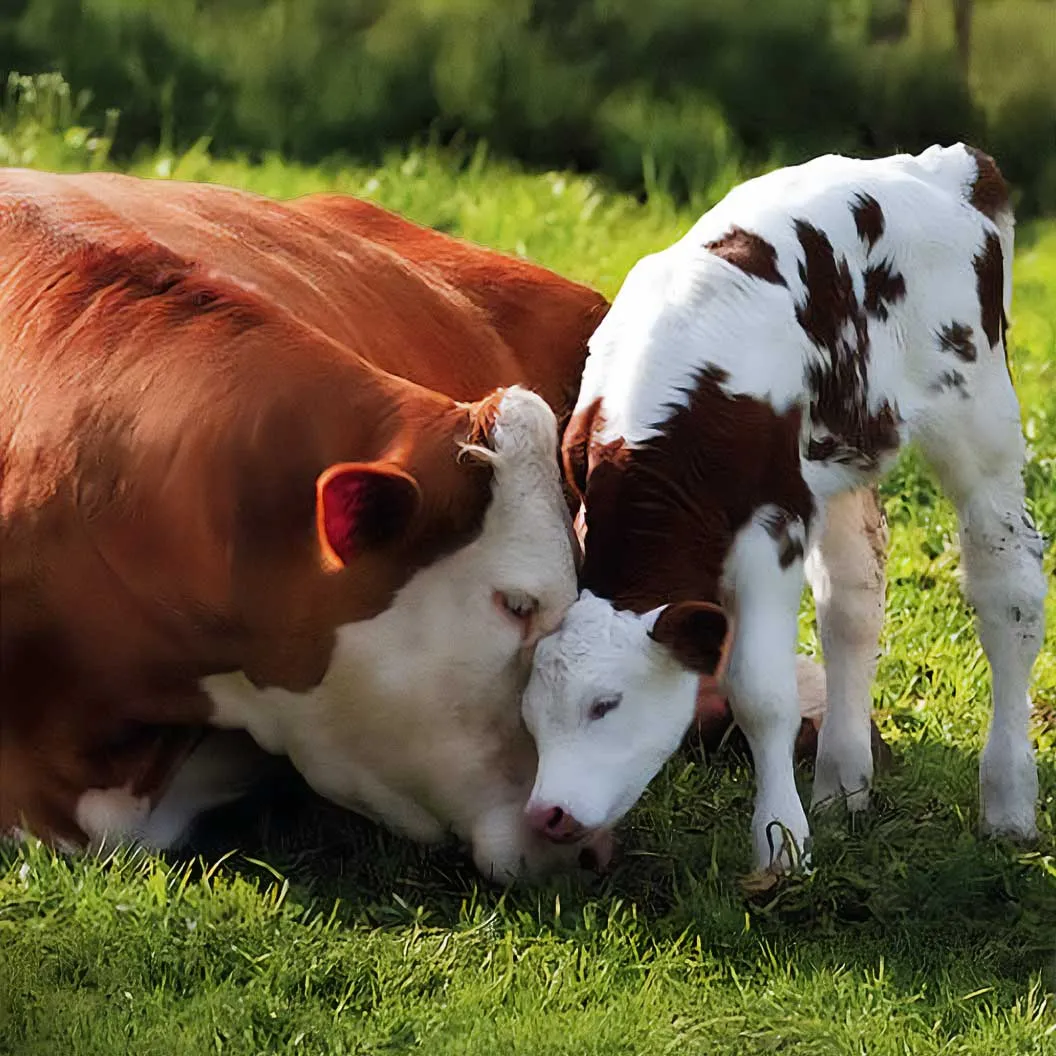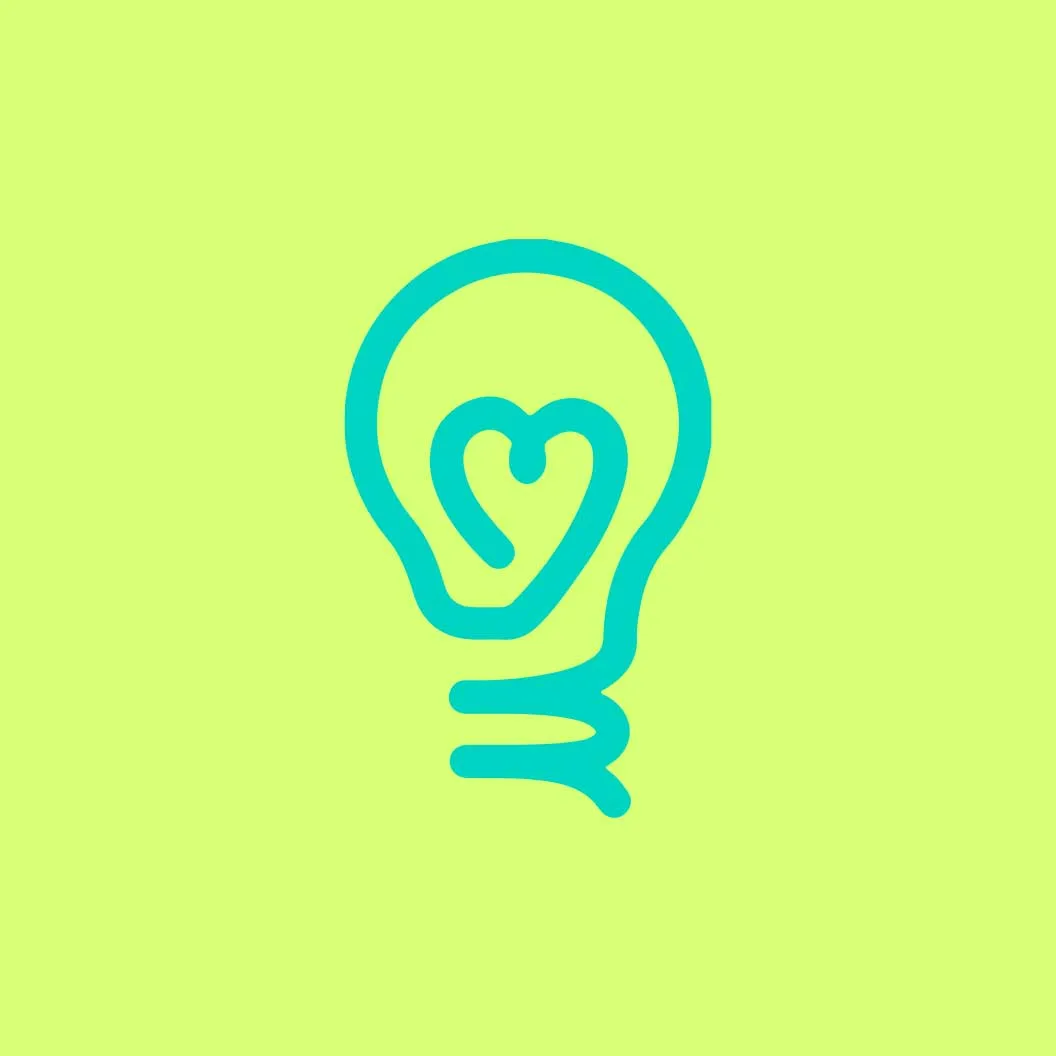How animal welfare contributes to the SDGs
Animal welfare is the concern for the quality of life experienced by animals under human control, particularly those raised for agri-food purposes.
Julián Donoso
Development Manager
24/10/2024
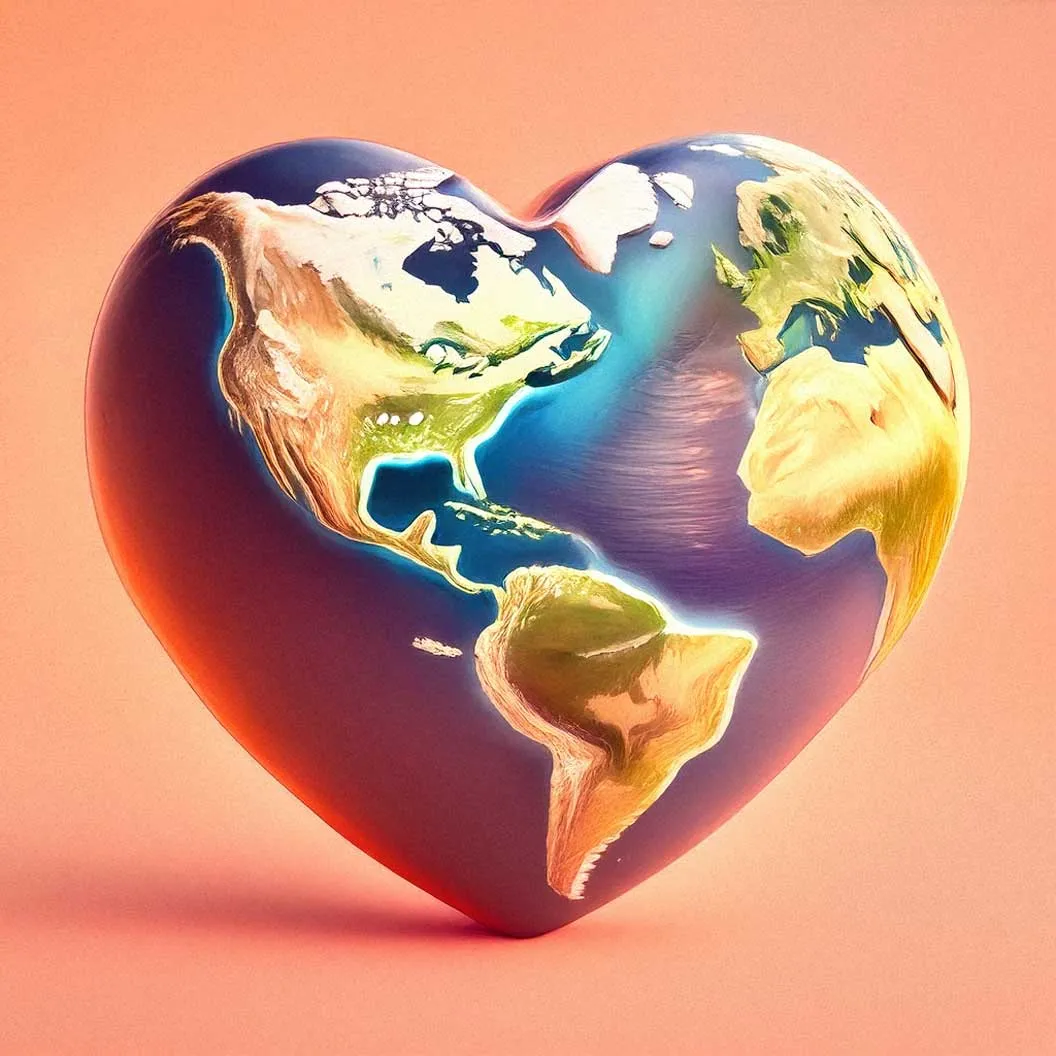
Animal welfare contributes to the Sustainable Development Goals (SDGs), particularly: Good Health and Well-being (SDG 3), Industry, Innovation, and Infrastructure (SDG 9), Responsible Consumption and Production (SDG 12), Climate Action (SDG 13), Life Below Water (SDG 14), and Life on Land (SDG 15). Moreover, cross-sector partnerships (SDG 17) are essential to generating progress.
Animal welfare concerns the quality of life experienced by animals under human control, particularly those raised for food production. Every year, billions of animals are denied essential aspects of life: they are crowded into spaces where they cannot move freely, step on clean ground, breathe fresh air, or even sleep in peace. Ultimately, their lives end in a violent and often painful manner. People's growing concern about the origin of their food, scientific considerations questioning current animal production systems, and ethical viewpoints that reject animal suffering as acceptable practice, make a new paradigm of sustainable production necessary. A food system free from intensive farming that ensures animal welfare, and positively impacts human health, socio-economic development, and environmental protection.
“Animal welfare practices reduce health risks”
For both animals and humans, such as antimicrobial resistance. For example, reducing overcrowding decreases the burden of disease, injuries, and subsequent infections. Ultimately, caring about animal welfare reduces the need for various treatments, including antimicrobials.
Respecting animals fosters empathy and compassion in individuals and communities, contributing to positive mental health and social well-being. Improving the environment for animals also means improving the environment for producers, slaughterhouse workers, other actors in the animal production chain, and the communities where farms are located.
For today’s consumer, product quality often goes beyond its nutritional attributes. People are more thoughtful about what they consume and demand information about the conditions in which animals are raised, transported, and slaughtered. Purchasing decisions are influenced by sensitive aspects such as personal ethics, perceptions, and beliefs. The demand for practices that ensure animal welfare is key to sustainability and creating a new relationship between society and animals.
“Factory farms have a significant environmental impact”
The decomposition of organic waste—manure—releases polluting gases such as methane, ammonia, and nitrous oxide, which are greenhouse gases contributing to climate change. Moreover, waste can end up contaminating the soil and water sources. Populations living near these facilities suffer from contaminated air, land, and water. Ending factory farming, the main source of animal suffering, has positive effects on the natural environment and climate.
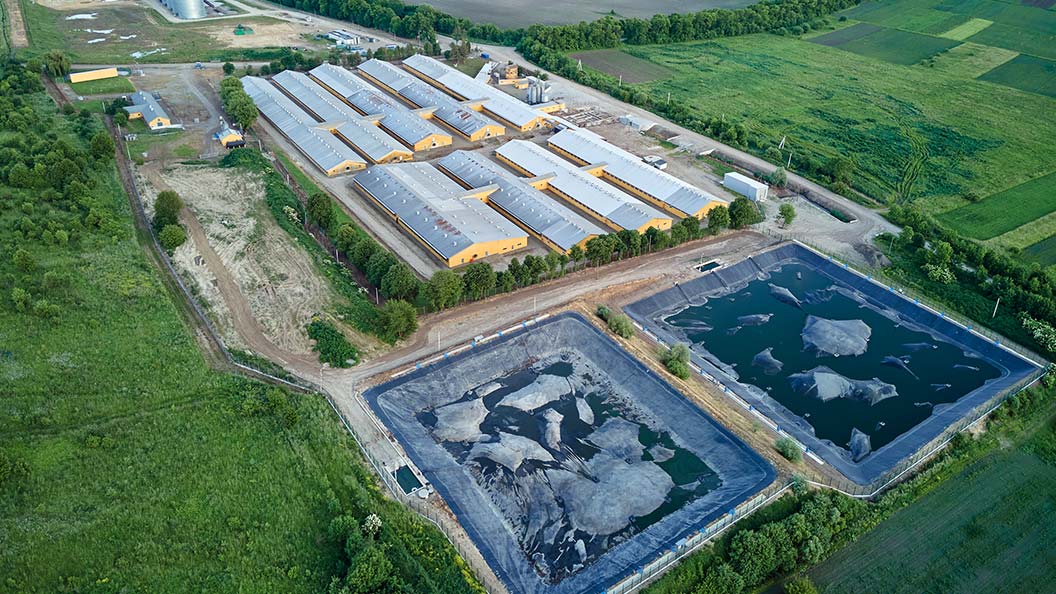
n aquaculture, fish are often farmed in high-density populations, leading to high mortality rates before slaughter, and they are frequently killed without prior stunning, causing them immense suffering. Aquaculture pollutes the environment with fish waste and chemicals, leading to biodiversity loss and disease. Additionally, it requires feed made from fish, which could otherwise be used for human consumption, further contributing to the overfishing of other species. Reflecting on animal welfare in the aquaculture sector will mark the path towards sustainability, away from current practices.
Together, we multiply the impact
Animal welfare is a shared responsibility between governments, civil society, people who interact with animals, the general public, educational institutions, veterinarians, and scientists. Mutual recognition and constructive engagement among all parties are essential factors in achieving improvements. Companies have the opportunity to participate in building a new sustainable model of interacting with the environment and to lead initiatives toward that goal.
We want to help your company to fulfil its commitment to make this world a better place. We are at your disposal to solve any request you may have:
julian.donoso@observatoriodebienestaranimal.org




